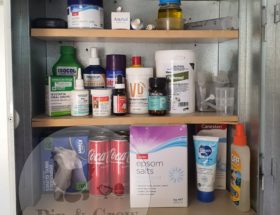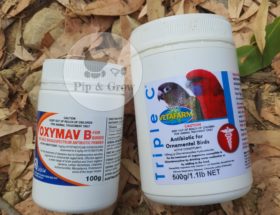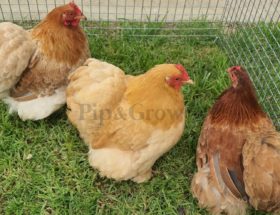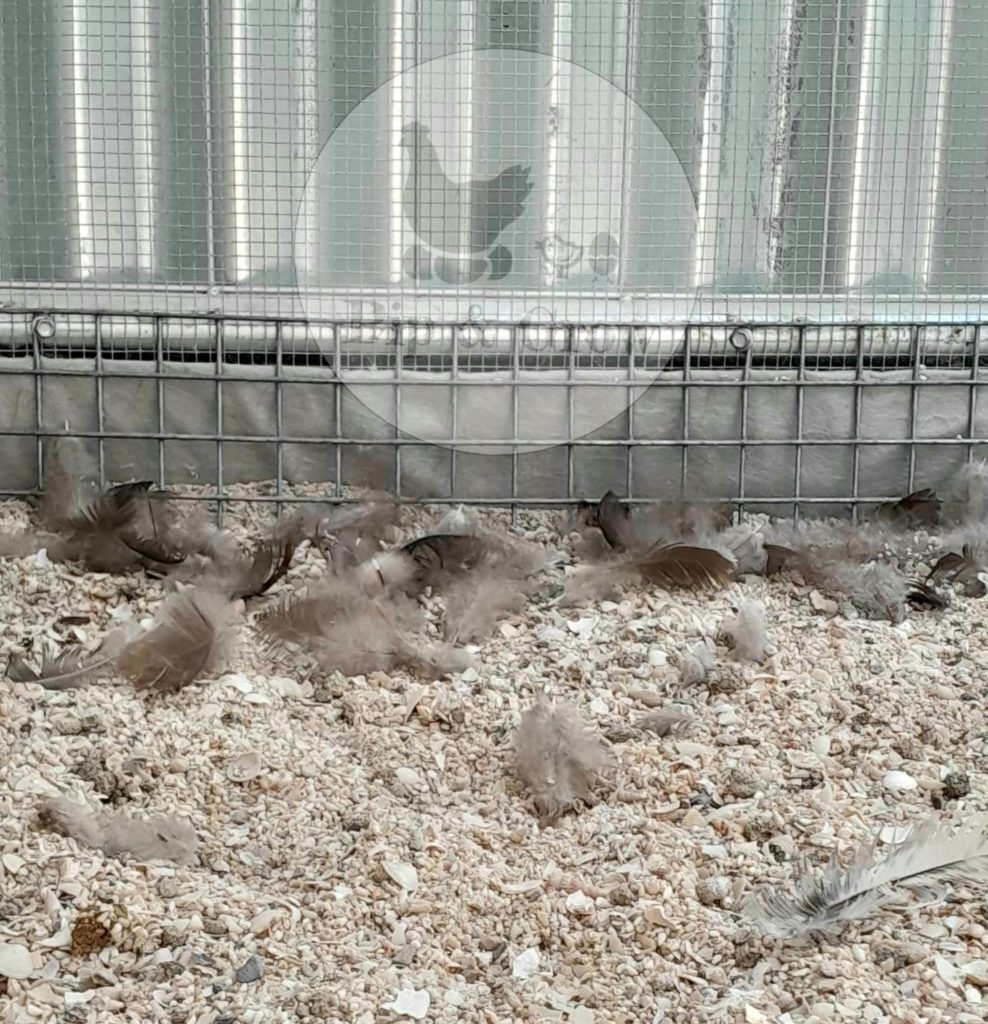
What is “Moulting”?’
Chicken molting season typically occurs in late summer to early fall, although the exact timing can vary depending on factors such as breed, age, and environmental conditions. Molting is a natural process in which chickens shed their old feathers and grow new ones. It helps chickens maintain healthy plumage, which is essential for insulation, protection, and overall well-being, especially as they prepare for colder weather.
During molting, chickens may temporarily cease laying eggs or lay fewer eggs, as their bodies redirect energy towards feather regeneration. While chickens typically consume 120-150 grams of feed per day, their eating habits generally remain consistent regardless of whether they are molting.
Feather regeneration requires a significant amount of protein, and chickens prioritize allocating protein towards this process during molting. Since producing eggs also requires a high level of protein, chickens may not have enough resources to support both feather growth and egg production simultaneously. As a result, egg production may decrease or temporarily cease during molting as the chickens focus on regrowing their feathers.
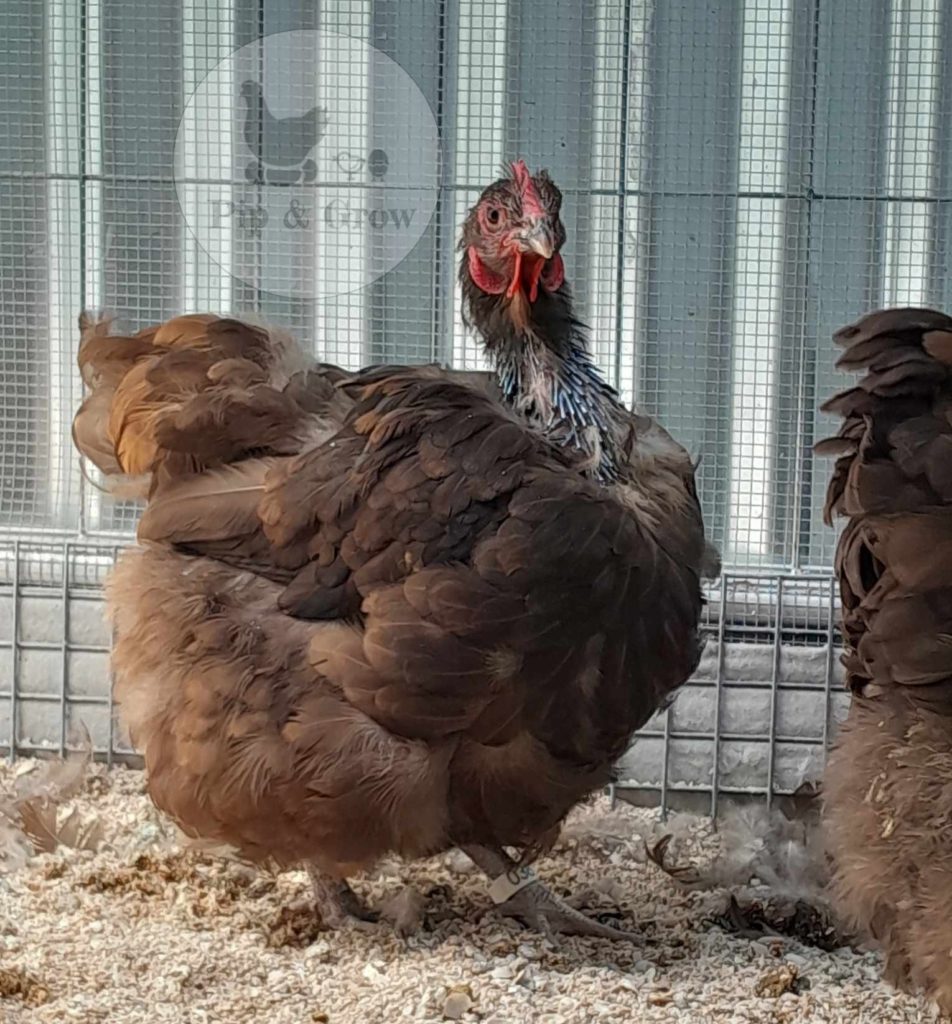
Molting can last anywhere from a few weeks to a couple of months, during which time chickens may appear scruffy or less vibrant due to the loss of feathers. While it’s crucial to provide chickens with a balanced diet rich in protein (around 17%), vitamins, and minerals during molting to support healthy feather growth and overall well-being, it’s important not to overfeed them as any excess will become wasted. Additionally, ensuring access to clean water is essential during this time.
Related article : Importance of protein level in the feed
Molting can vary among individual chickens, with some starting earlier than others and exhibiting different patterns of feather loss. Some chickens may molt slowly over time, while others may undergo a rapid shedding of feathers, known as “powder molting.” It’s crucial to monitor the behavior of chickens during molting, as some individuals may become curious about “pin feathers” emerging on other chickens’ bodies. This tendency can result in feather pecking behavior, which, if not promptly addressed, can become habitual and potentially cause serious injury to the targeted chicken. We advise isolating the pecked bird immediately until its feathers have fully regrown.
